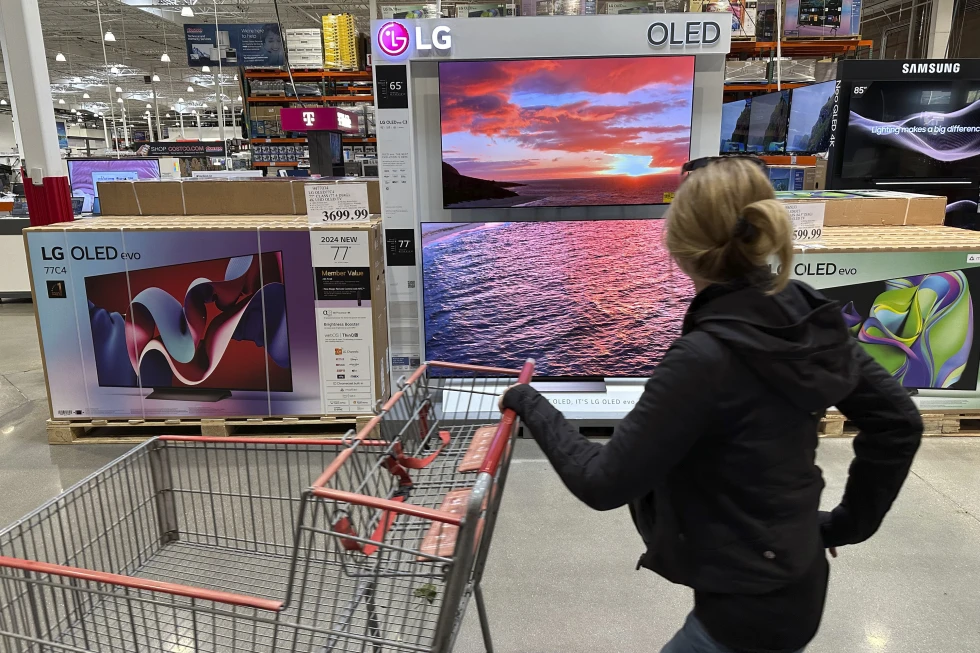Consumer confidence in the United States dropped significantly in May to its lowest point in six months. Americans pointed to persistent high inflation rates and concerns about potential increases in unemployment as reasons for their diminished sentiment.
The University of Michigan’s preliminary consumer sentiment index, released on Friday, fell to 67.4 this month from April’s final reading of 77.2. Despite this decline, May’s index remains approximately 14% higher compared to the same time last year. Consumer outlook has generally been pessimistic since the pandemic began, especially following the sharp rise in inflation in 2021.
Consumer spending plays a critical role in economic growth. The negative sentiment about the economy also poses challenges for President Joe Biden’s reelection prospects.

NYSE (Via Riley Jacks/Shutterstock)
However, economists caution that consumer confidence surveys do not always accurately predict actual spending patterns.
“Perceptions don’t always match reality, and we believe the underlying economic conditions remain robust enough to sustain consumer spending,” noted Oren Klachkin, an economist at Nationwide Financial.
In the first quarter of this year, consumer spending remained robust despite a slowdown in economic growth. This resilience is likely driven by higher-income earners who have benefited from substantial gains in home values and stock investments.
The unemployment rate currently stands at a historically low 3.9%, prompting many businesses to offer increased wages to attract and retain employees.

























